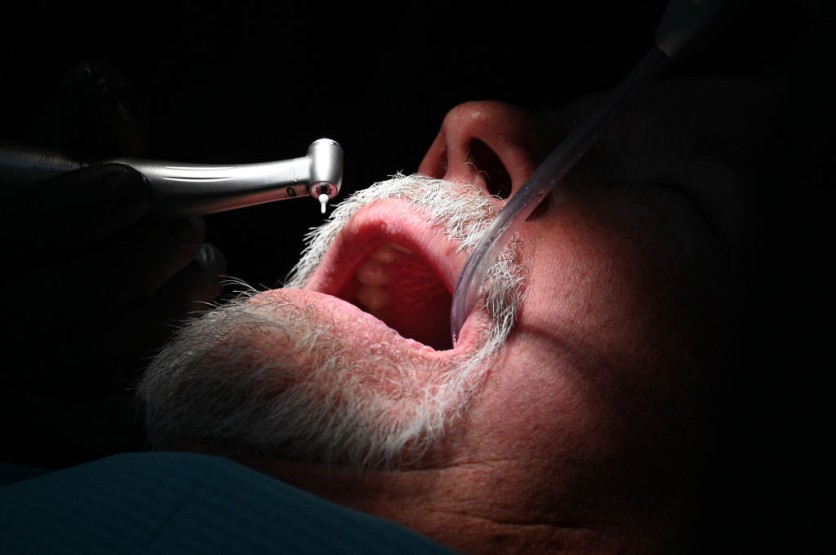
Federal and state Medicaid programs mandate dental coverage for children but not adults. However, rising awareness of the economic and health costs of poor dental health and federal pandemic money has spurred six US states to expand Medicaid coverage to adults this year.
Despite this progress in the US health program, dental care is still difficult in some states as administrative issues plague even dentists who want to extend services.
Tennessee Medicaid's top medical officer, Dr. Victor Wu, commended the January dental benefit launch. However, he admits the state must expand its network and dental participation.
Dental Health Crisis in The US: A Grave Concern
According to US News & World Report, basic dental care cost is often out of reach for low-income people for years, costing the US government and those who cannot afford it. Avoidable oral disorders cause 2.5% of ER visits and $2 billion annually, according to Texas A&M University. The CDC estimates that untreated dental illness costs the US $45 billion in productivity.
Interfaith Dental Clinic CEO Dr. Rhonda Switzer-Nadasdi stressed the consequences of putting off dental care, noting that if one postpones dental care, the person gets "sicker" until it becomes a serious condition that could lead to an emergency and more expensive treatment.
Switzer-Nadasdi also emphasized the importance of oral health in the workplace: "You need good teeth to have good employment."
The CareQuest Institute for Oral Health reports that all states offer Medicaid dental benefits for adults, but many have restrictions like emergency care or coverage for pregnant women or people with intellectual disabilities.
The CareQuest Institute for Oral Health found that 68.5 million Americans lack dental insurance, Business Wire reported. This number might skyrocket by 2023 as more households lose insurance, and Medicaid eligibility is reevaluated. Data also indicated that 8.9 million more households may have lacked dental insurance last year. When the public health emergency subsides, 14 million Americans may lose Medicaid dental insurance. This may leave 91.4 million individuals without dental insurance by year's end.
Expanding Medicaid Dental Coverage
This year, Hawaii, Tennessee, Kentucky, Michigan, Maryland, and New Hampshire enhanced or launched adult Medicaid dental coverage.
New Hampshire allocated $33.4 million annually for dental care for 88,000 Medicaid recipients. Policymakers have expanded preventive and restorative treatment because of its cost-effectiveness and the relevance of oral health to overall health.
Andy Beshear, Kentucky's Democratic governor, invoked emergency regulations to ensure dental treatment for 900,000 people after the Republican-led legislature rejected his plan. He stressed the program's role in reducing obstacles to reemployment, per a report published by ABC News.
After expanding Medicaid in 2021, Virginia allotted $282 million for dental treatment for over a million Medicaid patients in 2022 and 2023. Kansas spent $3.5 million on 137,000 Medicaid patients' dental treatment in 2022 and $1.2 million in 2023.
Texas, Alabama, Mississippi, Utah, and Louisiana restrict dental coverage. Thus, variances remain. Millions of Medicaid beneficiaries are being dropped due to pandemic-prohibited eligibility evaluations.
The US states that increased access to dental care confronts challenges, such as a dearth of dentists prepared to accept Medicaid patients, particularly in rural areas.
Dentists are frequently advised against accepting Medicaid because of insufficient reimbursement rates. According to 2022 American Dental Association data, New Jersey covers 13.3% of a dentist's regular charges, Michigan 17%, and Rhode Island 22.4 percent.
Myechia Minter-Jordan, MD, MBA, president and CEO of CareQuest Institute for Oral Health, urged healthcare professionals, administrators, legislators, and advocates to work together to increase comprehensive dental coverage in Medicaid and Medicare to address the US oral health crisis.

ⓒ 2025 TECHTIMES.com All rights reserved. Do not reproduce without permission.




